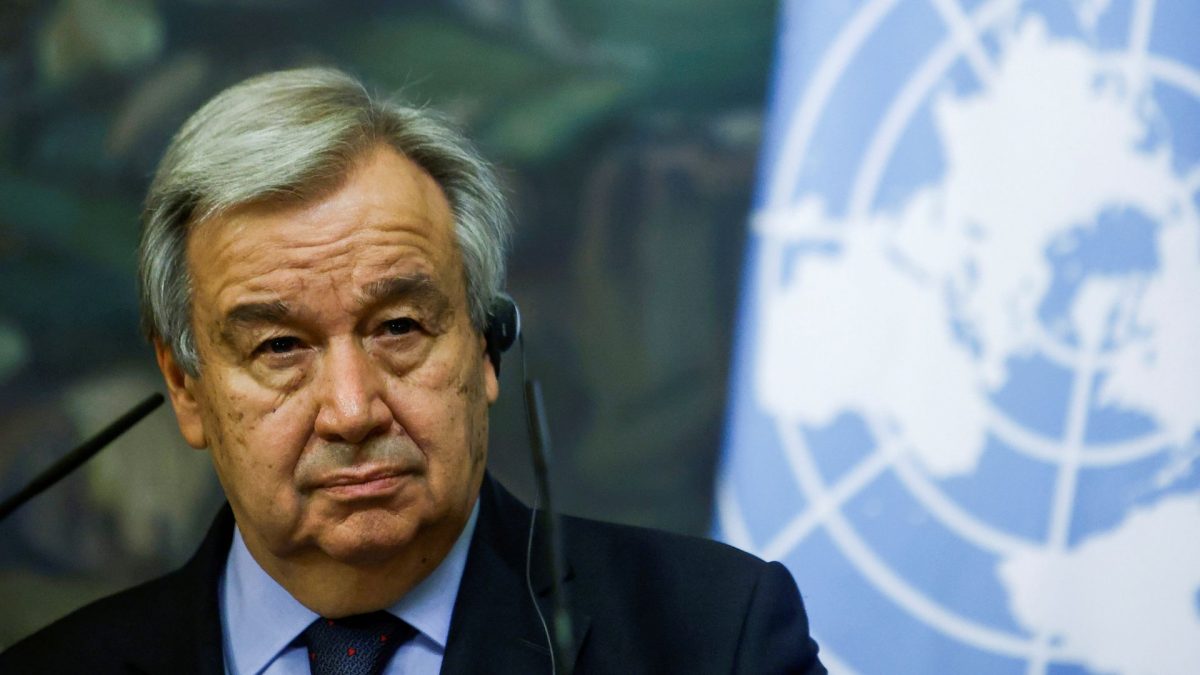As US President Donald Trump unveils a drastic cut to NASA’s budget and tightens restrictions on academic institutions, European leaders are making a bold pitch to American scientists: relocate to a continent that values science and freedom.
Trump’s proposed 2026 federal budget includes a 24% reduction in NASA’s funding, roughly $6 billion off its current $24.8 billion allocation. The cuts threaten to cancel cornerstone programs such as the Space Launch System (SLS) and the Orion spacecraft, both critical to the Artemis mission aimed at returning humans to the Moon.
The White House has criticised these projects as “grossly expensive,” with the SLS alone now 140% over budget and estimated to cost $4 billion per launch. It has flown only once, and its next flight isn’t due until 2027. Meanwhile, Lockheed Martin, which is building a fourth Orion spacecraft, could face the cancellation of its contract.
Critics have slammed the cuts as a retreat from US leadership in space exploration with Trump instead steering funds toward Mars-focused programs, aligning with SpaceX CEO Elon Musk’s vision to colonise the Red Planet.
While the administration’s push toward Mars may thrill private space enthusiasts, the proposed budget slashes 47% from NASA’s science programs and undermines years of bipartisan support for lunar missions involving US allies such as the European Space Agency, Canada and Japan.
Europe seizes opportunity
Sensing growing unease among American researchers, European leaders are stepping in. At a high-profile science conference hosted at Paris’ Sorbonne University on Monday, European Commission President Ursula von der Leyen and French President Emmanuel Macron announced a €500 million ($566 million) package aimed at luring scientists from the U.S.
Dubbed “Choose Europe for Science,” the initiative will fund research projects and assist European universities in absorbing displaced academics. Macron pledged an additional €100 million from France and issued a direct appeal to researchers: “If you love freedom, come and help us stay free.”
Von der Leyen highlighted Europe’s long-term commitment to science, calling it the cornerstone of the continent’s economic and democratic future. “We are choosing to put research and innovation, science and technology, at the heart of our economy,” she said, urging EU member states to invest at least 3% of their GDP in R&D by 2030.
France’s CNRS joins the call
The French National Centre for Scientific Research (CNRS), one of Europe’s most prestigious institutions has also launched its initiative to attract talent. Its president, Antoine Petit, said the “Choose CNRS” programme is intended to welcome foreign researchers whose work is under threat in the US and offer refuge to French scientists who “do not want to live and raise their children in Trump’s United States.”
As the Trump administration continues to clash with US universities over funding and ideological control, Europe is positioning itself as a haven for academic freedom, backed not only by words but by robust financial incentives.


)
)
)
)
)
)
)
)
)